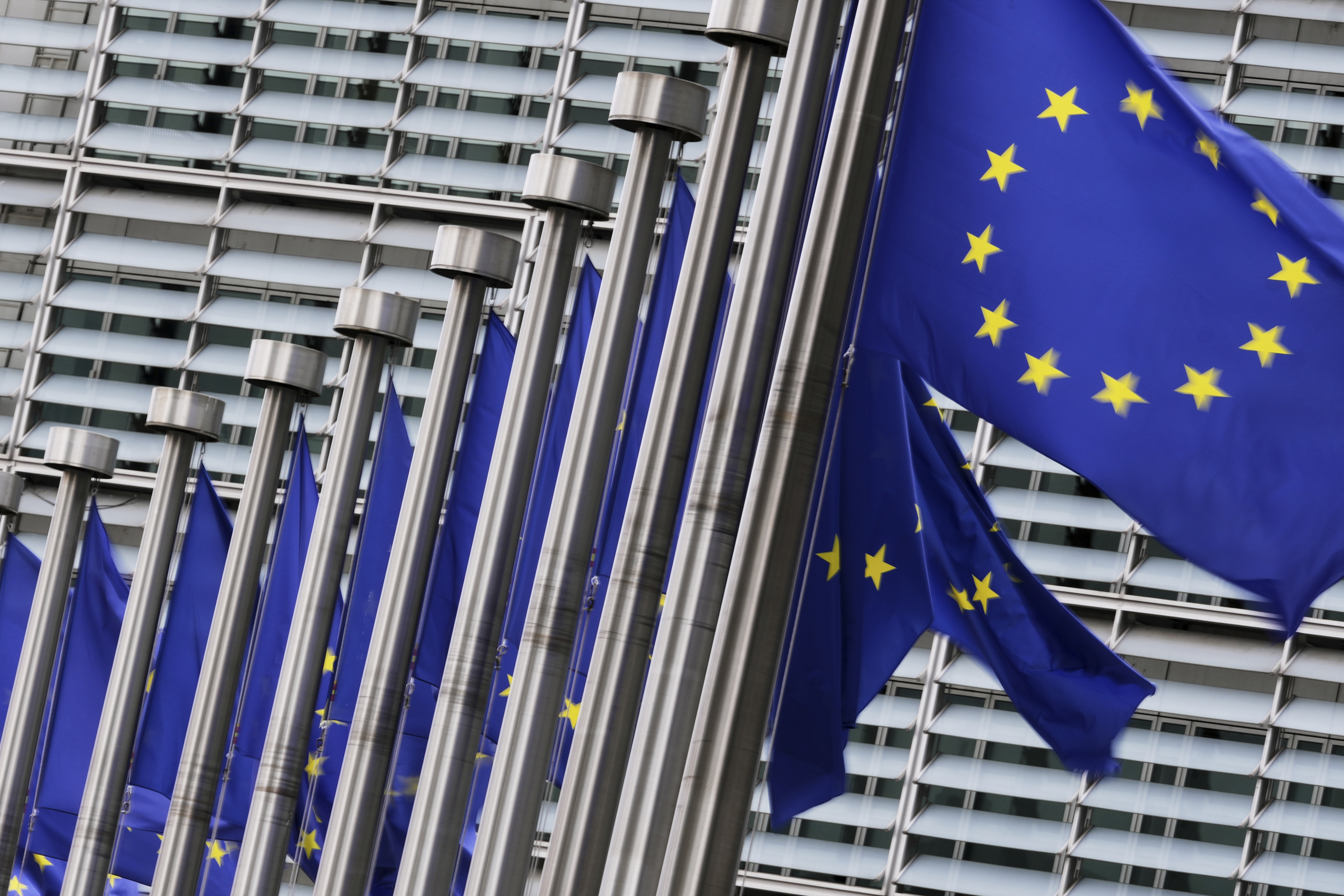Expert: “Fundamentals” Cluster Will Be the Hardest Stage of Ukraine’s EU Integration

The European Commission has published a report on Ukraine's progress, but experts believe that negotiations on the “Fundamentals” cluster will be the most difficult.
The Gaze reports on it, referring to a post made by the Senior Expert at the Ukrainian Institute for the Future, Igor Popov, on Facebook.
As Popov notes, negotiations on the “Fundamentals” cluster will differ from technical and economic negotiations, where the European Union has clear directives and standards — for example, on environmental standards, trade, or technical regulations. In such areas, the only subjects of negotiation are the terms of implementation of requirements and transition periods.
In contrast, there is no single set of norms in the cluster of fundamental rights and freedoms — Europe remains diverse, and therefore framework agreements and conventions are implemented taking into account the national specifics of member countries.
According to the expert, this will complicate the process of agreeing on reforms in the areas of the judicial system, the fight against corruption, and ensuring the rule of law for Ukraine.
Popov emphasizes that each EU recommendation must be justified and based on clear criteria: it must comply with a specific EU directive, have effective examples of implementation in other member states, and demonstrate a logical connection between the problem and the way it is solved.
If the recommendations are not properly justified, this may provoke resistance from Ukrainian state institutions, political elites, and society.
In his opinion, Ukraine's dependence on European aid should not be the only argument for accepting any requirements without a thorough analysis of their feasibility.
The expert also emphasizes the need to form a complete and comprehensive list of requirements for the “Fundamentals” cluster before the start of negotiations.
“It would be desirable to have a complete and comprehensive list of requirements for Fundamentals at the start of negotiations so that each new delegation of negotiators does not add new and new requirements for reforming the Ukrainian legal system and public administration,” Igor Popov concluded.
It is worth recalling that the European Commission has published a report on Ukraine's progress towards EU membership for the period from September 2024 to September 2025.
According to the document, Ukraine has demonstrated “extraordinary resilience and commitment to the European path,” underscoring its desire for integration.
At the same time, the EC report points to serious problems in the areas of the rule of law, the fight against corruption, and the functioning of the judicial system. Progress in the fight against corruption is assessed as “limited,” and the legislative changes adopted in July, which “weakened the independence of NABU and SAPO,” caused particular concern in Brussels.
The European Commission also noted pressure on anti-corruption bodies from state institutions and pointed to the politicization of the position of prosecutor general.
In the judicial sphere, there is a shortage of personnel, overloaded courts, and delays in the formation of the Constitutional Court.
Areas related to human rights, free movement of workers, corporate law, and public procurement also remain problematic.
The European Commission calls on Kyiv to intensify its efforts on anti-corruption reforms, judicial independence, and human rights protection, as these areas may become the main challenges in further negotiations on EU accession.
As The Gaze reported earlier, the European Union is considering a new proposal that would allow countries to join the bloc without full voting rights in order to speed up enlargement and circumvent resistance from certain members.